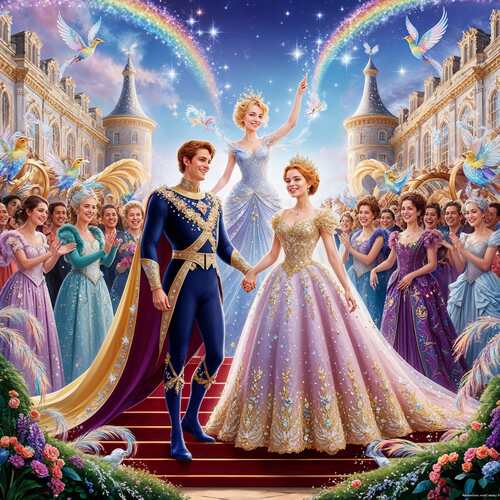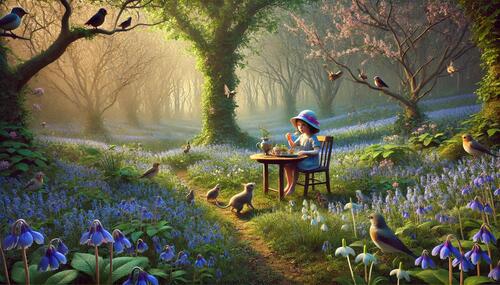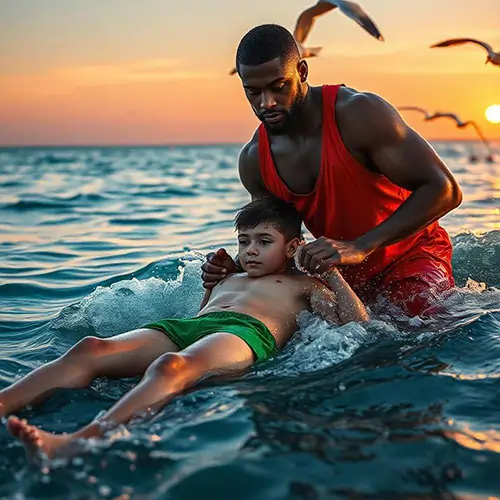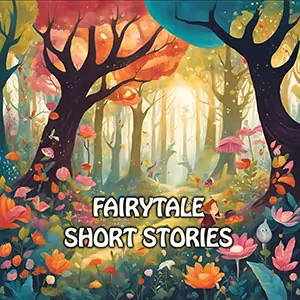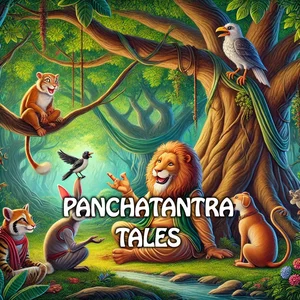Short Stories » Wild Animals from the Indian Stand-Point
Wild Animals from the Indian Stand-Point - Page 2 of 7
"Kangee is right," spoke up Sheyaka.
"Ugh," said Katola, who had not spoken before. ' He has made the doe and fawn real people. They can neither speak nor reason," added the doubter, "and the fawn hides because it is its nature to hide, not because the mother has instructed it."
' Hun - hun - hay !" exclaimed Hohay, who was older than the other three. "The animals do teach their young, and the proof is that the young often fail to perform the commonest acts of their parents when captured very early and kept by man. It is common knowledge among us that the buffalo calf and fawn have refused to swim when tamed, and do not run swiftly and well as when trained by the mother, and, in fact, have no disposition to run when let loose with the prairie before them.
"Again, it is well known that all elk are not equally good runners. Some of them we could run down on foot and that shortly, while others try the strength of the best running horse, all in the same season of the year and even in the same herd. It looks to me as if some mothers were better trainers than others.
' This training is very important, because wild life is a constant warfare, and their lives . often depend upon their speed in flight. The meat-eating animals, too, must be in good trim, as they are compelled to chase their game daily.
"The bear is one of the hardest trainers among the wild mothers. In the midsummer moon she gives them a regular trial-heat. It is an unlimited run, only measured by the endurance of the mother. The poor cubs drop out of the race one by one, whenever one is winded. But in case one holds out, he remains with her in the same den during the following winter. That is the prize of the victor."
"Who has seen or killed the mother-bear in the winter with a single cub?" asked Katola.
"I have seen it," replied Hohay.
"And I also," added Sheyaka.
“But I still do not believe that they teach their young, like the Red people," Katola said. " Some run better than others because they are stronger, n<>t because of their better training."
"Sheyaka wants In hear about the doe," resumed Hohay, "but I have talked much on other points so as to get my mind fairly on the trail. The doe is the most sensitive animal of all that man hunts. She is the woman in every way, depending upon her quickness and cunning in hiding and the turns she takes in her flight. Perhaps she has the best nose and ears of all animals, but she has a very small idea of the hunter's acuteness. She knows well the animal hunters, who can smell and run, but of man she knows little, except that, though clumsy, he is dangerous.
“This delicate little squaw can fight desperately when she is cornered or in defence of her young. She has even been known to attempt the life of a man under those circumstances! But, Sheyaka, it is time to smoke," said the wild philosopher at this point.
"Ho, koda, chandee ota," replied Sheyaka, as he graciously produced the finely cut tobacco and willow bark. ' Katola, you have a good voice; sing us a hunting song," added the good-natured host.
'Ho, ho," the company spoke in approval of the suggestion.
« BackNext »Wild Animals From The Indian Stand Point - Takeaway for Class 1,2,3
Wild animals are fascinating and diverse, and it's important to learn about them and treat them with respect and care.
Wild Animals From The Indian Stand Point - Takeaway for Class 4,5,6
Even animals that seem dangerous at first can often be understood and appreciated when we learn more about them.
Wild Animals From The Indian Stand Point - Takeaway for Class 7,8,9
Even the wildest animals in the jungle show remarkable skills and strength, teaching us the importance of respecting nature and the unique roles each creature plays in the ecosystem.
3 Fun Facts
- In India, elephants are often used in traditional ceremonies and parades, showcasing their majestic presence and cultural importance.
- The Indian rhinoceros is known for its single horn and armor-like skin, making it look like a living tank.
- The Bengal tiger, an iconic symbol of India, is renowned for its strength and striking orange coat with black stripes.
Quiz for Class 1,2,3
- What did the monkeys like to steal from the villagers?
- How did the villagers try to protect their food from the monkeys?
- What did the elephants do when they came near the village?
Quiz for Class 4,5,6
- What did the deer do when they noticed a tiger nearby in the story?
- How did the monkey help the other animals in the forest?
- What lesson did the animals learn from their adventure together?
Quiz for Class 7,8,9
- What characterizes the region of the jungle described in the story, and how does it differ from India's plains or hilly landscapes?
- How does the story depict the interaction between the jungle environment and the survival strategies of animals living there?
- In what ways does the narrative highlight the diversity of animal life within the Indian jungle setting?
Was this article useful? What should we do to improve your experience? Share your valued feedback and suggestions! Help us to serve you better. Donate Now!
